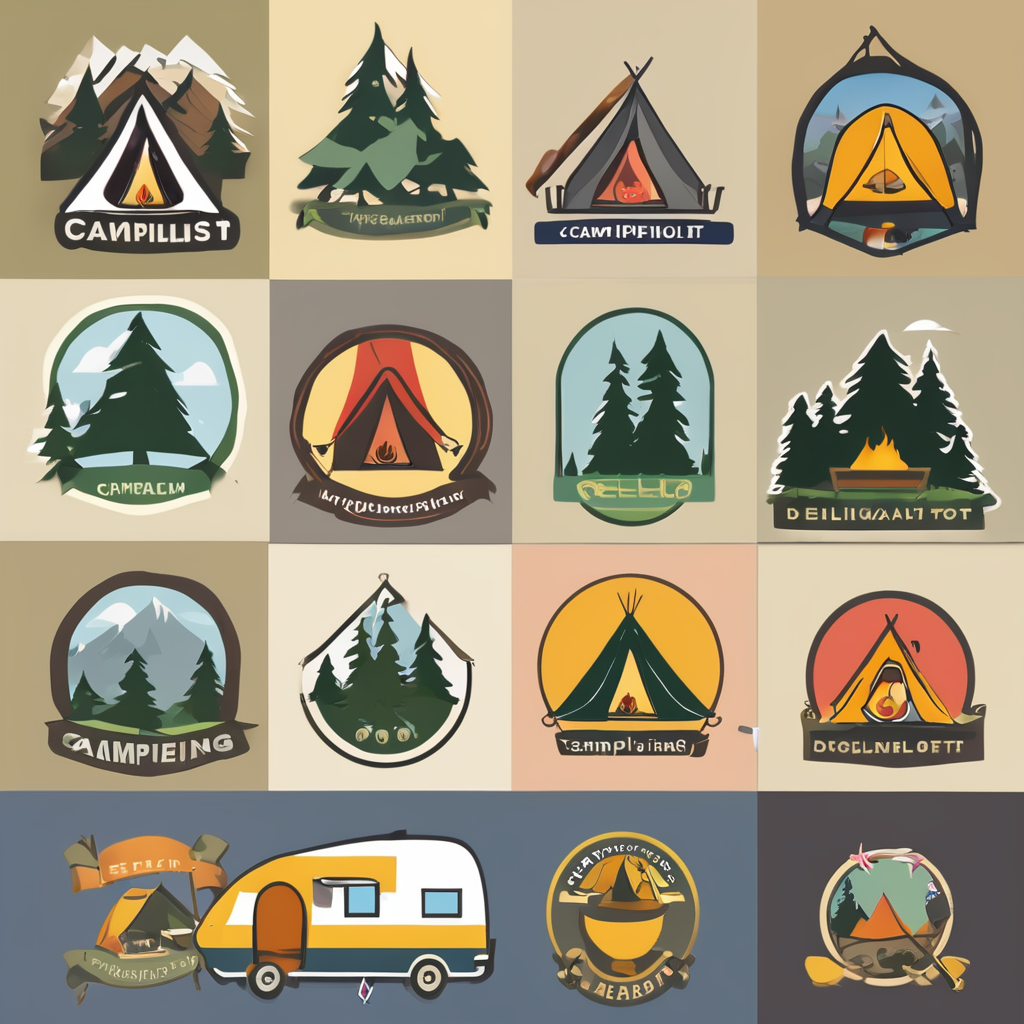Key Factors Driving the Rise of Camping Over Hotels in the UK
Camping’s popularity surge in the UK is fueled by a combination of evolving travel trends and shifting traveler priorities. One prominent reason is the increased demand for outdoor travel experiences, where people seek genuine connection with nature. Unlike hotels, camping immerses visitors in natural settings, providing a fresh escape from urban life.
Economic factors play a significant role too. Many travelers view camping as a solution to rising accommodation costs, making it an appealing cost-saving option amid financial uncertainty. This aligns with the broader camping vs hotels UK debate, emphasizing affordability without sacrificing memorable experiences.
Also read : What Are the Hidden Costs of Camping Tours in the UK?
The COVID-19 pandemic further accelerated camping’s rise by influencing accommodation preferences. Limited capacity and safety concerns at hotels nudged travelers toward outdoor, socially distanced options. This shift is evident in recent data showing a notable increase in camping bookings following pandemic restrictions.
Hence, whether driven by the desire for nature, budget constraints, or health concerns, these key factors collectively explain why camping now stands as a compelling alternative in the UK’s evolving travel landscape. Whether you prioritize serenity or savings, understanding these drivers helps make sense of camping’s newfound appeal.
In parallel : What Are the Essential Camping Experiences to Have in the UK?
Comparing Costs, Convenience, and Flexibility
When weighing camping vs hotels UK, cost often plays a decisive role. The cost of camping UK typically undercuts hotel prices significantly. Campsite fees usually range from a fraction to half the price of a mid-range hotel night, making camping a budget-friendly option for many. This advantage is especially clear during peak seasons when hotel prices surge.
Beyond cost, camping offers unmatched flexibility. Unlike hotels, which often require advance bookings and fixed check-in times, camping allows for flexible travel UK plans. Travelers can adapt their itinerary spontaneously or opt for last-minute stays without the usual constraints of hotel reservations. This flexibility appeals to adventurers, families, and solo travelers seeking freedom on their trips.
Convenience is nuanced. Hotels provide guaranteed amenities and shelter, but camping sites increasingly offer well-equipped facilities, including showers and electricity, balancing comfort with outdoor immersion. For families or groups, camping can enhance bonding through shared tasks and experiences, while solo travelers may relish the independence camping affords.
Ultimately, understanding the hotel vs camping benefits helps travelers choose based on budget, desired convenience, and the type of travel experience they seek within the UK.
The Role of Nature, Wellness, and Unique Experiences
Camping’s appeal in the UK increasingly rests on the desire for nature travel UK and wellness benefits. Immersing oneself in natural surroundings allows travelers to disconnect from digital overload, promoting relaxation and mental clarity. Studies link outdoor time with reduced stress and improved mood, making camping a popular choice for those prioritizing health.
Wellness tourism has grown, with many UK campers seeking activities like hiking, yoga, or mindfulness by lakes or forests. Such experiences contrast sharply with the usual hotel stay, offering a more holistic approach to travel. This shift explains part of the rising preference for camping over hotels in the UK.
Additionally, unique holiday experiences play a vital role. The availability of glamping, eco-camping, and even wild camping caters to diverse tastes, combining adventure with varying levels of comfort. Glamping, for instance, offers stylish and comfortable accommodation while keeping guests close to nature. This variety appeals to those wanting a personalized and memorable trip beyond the typical hotel room.
By choosing camping, travelers embrace nature’s wellness benefits and unique experiences, blending relaxation with adventure for a truly distinctive UK holiday.
UK-Specific Trends, Data, and Traveler Insights
Recent UK camping statistics reveal a marked increase in camping participation over the past decade, with notable spikes post-pandemic. Surveys highlight that travelers now often prioritize outdoor stays aligning with health and safety concerns, boosting camping’s appeal compared to traditional hotels. For instance, data from national tourism bodies show campsite occupancy rates growing faster than hotel room bookings, underscoring a clear shift in preferences.
Many UK traveler experiences echo this trend. Testimonials frequently mention the joy of reconnecting with nature and the freedom camping offers. Families appreciate the space and shared activities camping promotes, while solo travelers underline the mental health benefits of immersive outdoor environments.
Expert opinions on travel further validate these findings. Tourism analysts emphasize that camping aligns well with evolving travel trends like sustainable tourism and wellness, making it a preferred option for eco-conscious and health-aware visitors. Industry reports predict continued growth in camping popularity, especially with innovations in accommodation styles enhancing comfort.
Together, these data points and expert insights illustrate why camping is no longer just an alternative but a thriving choice in the UK’s dynamic travel landscape. Understanding these trends helps travelers make informed decisions suited to their preferences and the changing market.
Challenges and Considerations When Choosing Camping Over Hotels
Choosing camping over hotels in the UK comes with distinct challenges of camping UK that travelers should carefully consider. One primary issue is variable weather. The UK’s unpredictable climate can affect camping comfort, making weather-resistant gear essential. Unlike hotels, campers face exposure to rain, cold, or wind, which can impact the experience.
Another challenge is limited amenities. Hotels offer reliable features such as private bathrooms, consistent heating, and daily housekeeping. Camping, by contrast, may require sharing facilities or using basic toilets and showers. This difference is a key factor when weighing hotel advantages against camping’s rustic nature.
Comfort levels also vary. Campers must manage setup, packing, and sometimes sleeping on uneven ground, whereas hotels provide ready-made comfort. First-time campers may find the logistics daunting compared to the simplicity of hotel stays. Practical tips include researching campsites with good facilities and preparing for all weather conditions.
Despite these challenges, camping’s appeal lies in its immersive experience and flexibility. Understanding these camping practicalities helps travelers make informed choices, balancing adventure with comfort according to their preferences.



